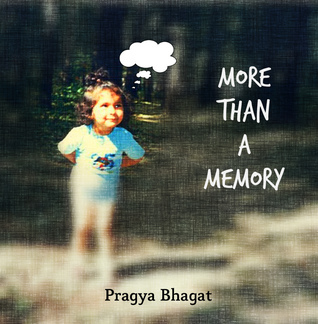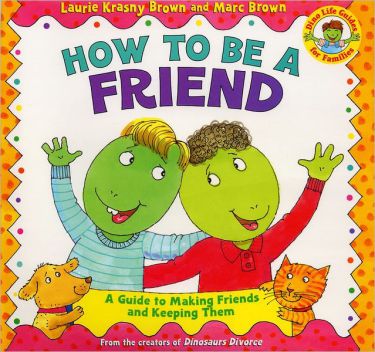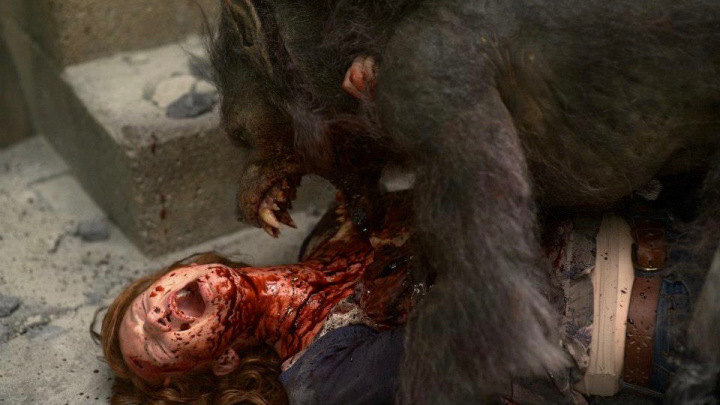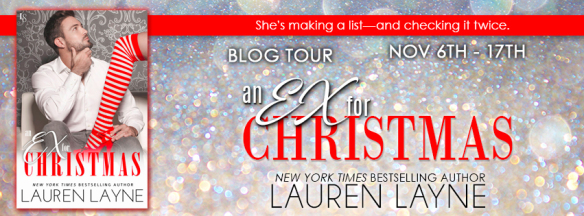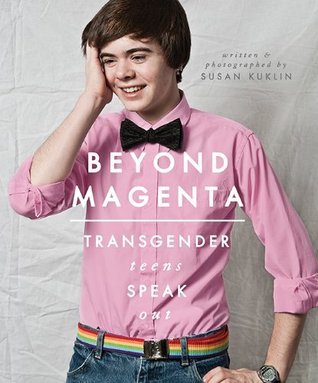 Image of book cover from GoodReads
Image of book cover from GoodReads
Title: Beyond Magenta: Transgender Teens Speak Out
Author: Susan Kuklin
Category: YA Non-Fiction (LGBTQIAP+)
Date: 11 February 2014
Edition: eBook
Pages: 192-ish
A groundbreaking work of LGBT literature takes an honest look at the life, love, and struggles of transgender teens. Author and photographer Susan Kuklin met and interviewed six transgender or gender-neutral young adults and used her considerable skills to represent them thoughtfully and respectfully before, during, and after their personal acknowledgment of gender preference. Portraits, family photographs, and candid images grace the pages, augmenting the emotional and physical journey each youth has taken. Each honest discussion and disclosure, whether joyful or heartbreaking, is completely different from the other because of family dynamics, living situations, gender, and the transition these teens make in recognition of their true selves.
Hi! So, I read this book for class and kind of went off on a rant about it on my class’s discussion forums. My rant looked a lot like my regular reviews, so I decided to share it here as well. Enjoy!
**CONTENT WARNINGS: transmisia, toxic relationships**
So, I want to talk about Beyond Magenta a little bit from the perspective of someone who identifies as trans/non-binary because there were a LOT of times where I felt like throwing the book across the room (although I didn’t because iPads are expensive and it wasn’t worth it).
While I was roughly halfway through the book I posted this status update on Goodreads to remind me later about what was bothering me. For those who don’t want to click through, it reads:
The fatmisia in this book is obnoxious and I’m getting tired of the cissplaining, the writing off abuse as normal, and the terrible partners of these trans people being treated like they’re so great when they’re invalidating their gender and cheating on them… If I weren’t reading this for class, I’d have abandoned it by now.
And honestly, I keep feeling worse about it the longer I think about it. I ended up giving it 2 stars; the two things that kept it from being 1 star for me were 1.) feeling able to identify with Cameron rather well, and 2.) respecting that, for the most part, these were the stories of these teens (who for the most part weren’t actually teens anymore and were adults of pretty close to my age who were merely reflecting on being a teen, but I’m setting that aside).
What bothered me about the rest of it were primarily the inaccuracies that were never addressed by the author, and the lack of addressing any of the issues of fat-shaming, slut-shaming, mental illness stigmatization, gender stereotyping (for certain stories, particularly the binary trans stories), abuse, and toxic relationships that were present here. I get that these were the perspectives of these people whose stories they were, but the thing is that this is setting a pretty bad example for trans kids and it’s misleading cis people (who, let’s face it, are the actual target audience for this book). For instance, one teen, who is intersex, doesn’t know how to explain what PCOS is and ends up describing it as essentially being an intersex condition when it’s not. Despite jumping in wherever else she feels like she should in the rest of the text, she leaves this inaccuracy as-is and does not attempt anywhere to correct this. This is not the fault of the teen (who explicitly says they don’t think they’re explaining it right), but it is the responsibility of the author to not mislead readers, and she didn’t make any attempt to do so.
Additionally (particularly with Jessy and Christina in the first two stories), some of these young adults were in relationships that are actually pretty toxic and they were passed off as just normal relationships that trans teens have. Jessy’s girlfriend was intentionally misgendering him and invalidating his gender, and the way in which it was explained away was pretty terrible. She didn’t want him on hormones and she basically saw him as a lesbian, and even said that he was “almost like a gay man” at one point. Despite the author explaining that she “accepted Jessy’s transition,” it’s pretty clear to me that she hasn’t. Christina was in an equally bad position; she phrased it as putting up “with [her boyfriend’s] bullshit a lot” and implied that she couldn’t leave him because she wouldn’t have a lot of other options as a trans woman in terms of boyfriends and that he’s “accepted” her despite the fact that he’s actually cheated on her (which she justified with “Girls get cheated on all the time”) and that she suspects that he really wants to be with another girl. (quotes and paraphrasing from roughly 14% and 37% into this book; my borrowed Kindle copy lacks pagination.)
These two people have the right to have whatever kinds of consentual relationships they want; if this is how they want their relationships to be, then okay. What’s not okay is the author passing off relationships like this as typical relationships for trans people to have and that this is about as good as it’s going to get. Trans people have every bit as much right as cis people to be in happy, fulfilling, non-toxic relationships where they are fully respected and supported by their partners; this isn’t the kind of picture this book paints. This book paints “close enough” as “sure, they may intentionally misgender you or cheat on you, but that’s just what you’re going to get.” That skewed depiction is entirely on the author, whose job it is to ensure that we aren’t being misrepresented in the text.
Frankly, I think the author completely dropped the ball on this book. As some of my classmates have noted, she inserts her voice into random places that seem to be better left narrated by the actual people whose stories these are, and it’s really out of place. In contrast, in places where she SHOULD be stepping in (where a character misspeaks, gets terminology wrong, is actively shaming fat people or mentally disabled people, etc.), she doesn’t say a word. And I think that speaks volumes.
This is not the kind of book that I’d recommend to people, be it questioning trans teens or cis adults. While I admire the people whose stories these are for speaking out, there’s just so much harmful material that isn’t addressed at all for me to want to pass this into the hands of others. I don’t want trans teens to get the impression that these romantic relationships are actually what they should strive for. I don’t want cis adults reaching incorrect conclusions about how gender and sex and sexuality relate to each other. I don’t want either of these groups misunderstanding terminology or medical terms that are actually pretty important to have accurate understandings of while transitioning. The negatives outweigh the positives with this one for me. I wish I liked it more than I did.
Final rating: 2 out of 5 stars
Advertisements Share this:

